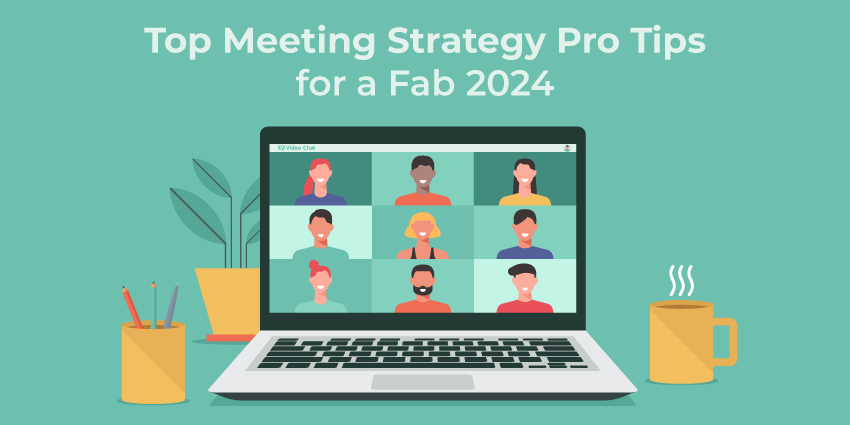What is an MQL? The Basics
An Introduction to Marketing Qualified Leads

Leads are the key to a company’s successful growth. Every organisation needs a consistent flow of “leads” they can convert into consumers and repeat clients. However, not every lead is created equally. In today’s competitive landscape, focusing your attention on the wrong leads could mean wasting crucial time and money.
In the B2B marketing landscape, where the sales cycle and customer purchasing process are longer and more complex, it’s crucial to ensure you’re focusing most of your attention on the most lucrative leads. These are the potential consumers most likely to benefit your business.
When marketing teams throw every lead to sales professionals for follow-up, business processes often become slow and inefficient. However, knowing how to qualify, score, and manage your leads can generate better results for the bottom line.
Scoring Leads: Defining IQL, MQL, and SQL
To understand what an “MQL” is, you’ll need a basic understanding of lead scoring and qualification. Essentially, this is the process of defining which of your leads are the most important to pass along to your sales professionals and which you need to focus on.
While there are tools out there that can help you score your leads automatically, it’s also possible to define different leads manually by separating them into IQL, MQL, and SQL.
The Information Qualified Lead (IQL)
When your lead first converts, providing their contact information on a landing page or subscription form, they provide their contact information in return for something useful, like an eBook, whitepaper, or access to another lead magnet. They don’t know much about your company at this stage, but they can see the value in something you have to offer.
IQL prospects are delivered to marketing teams, who can use their contact details to connect with other marketing campaigns, like email marketing. For instance, your marketing team might send an email highlighting your latest products and providing access to resources like webinars, case studies, and blogs, where users can learn more.
Marketing Qualified Leads (MQL)
Marketing Qualified Leads happen when your IQL takes a genuine interest in your brand and discovers you may be able to assist with their problems. They decide to connect with your business further and engage with your marketing activities.
A Qualified Marketing Lead is often referred to as a “warm” lead with a clear interest in your company. Once your IQL becomes an MQL, you can start a new workflow to push them further in the purchasing funnel. For instance, when someone downloads a free trial or uses a software demo, you can send them follow-up emails on how to use the software and use content to provide insights into how they might want to upgrade their product.
Examples of MQL actions might include:
- Downloading a trial software or demo
- Subscribing to an email list
- Favouriting items or adding items to a Wishlist
- Repeatedly visiting your site or reading your blogs
- Clicking on an ad found on your site
- Contacting your team for more information
The Sales Qualified Lead (SQL)
An MQL is a middle ground between a customer showing primary interest in your company and agreeing to talk to you about a sales opportunity. If your MQL decides they want to connect with your team and discuss their options, they become SQL, or Sales Qualified Leads.
The faster a company connects with a consumer after becoming a Sales Qualified Lead, the more likely it will achieve a great closing rate. Your marketing teams can instantly send SQLs through to your sales team to start generating conversions. Some marketing teams also send MQLs through to sales teams to assist with finding new sales opportunities.
How Do You Identify an MQL?
Marketing Qualified Leads are an essential segment of your prospect list. They’re the people open to the idea of a sale who have yet to take the next step in interacting with your business. Learning how to identify MQLs accurately is how you ensure sales teams get the best possible results from their efforts. To effectively define MQLs, you’ll need to:
Connect Sales and Marketing
Connecting sales and marketing is a significant factor in ensuring lead opportunities make a difference to your business. There needs to be open communication and alignment between marketing and sales groups, so both know what they’re looking for. Marketing teams can’t correctly identify high-quality leads without connecting with sales, and sales can’t access MQLs without marketing.
1. Create your Lead Definitions
Salespeople and marketers should work together to create lead definitions for the business. To understand what kind of MQLs should be passed onto sales, you might look at:
- Historical data: What do customers win and lose look like when they’re ready to buy? What actions do they take, and how do they interact with marketing?
- Customer feedback: What kind of feedback do you get from leads who choose to back out of a sale. How can you ensure these factors aren’t in place when converting MQLs?
- Trends: What do your most successful leads have in common? Which pages, offers, and ads convert the highest-quality leads?
Some companies even assign point values to various MQL qualifications to determine the exact point when a lead should be passed to sales.
2. Update Regularly
Businesses and their customers both evolve with time. Your buyer personas, prospects, and leads will naturally grow, making it essential to reevaluate and update your lead definitions regularly. The more feedback your sales professionals can give your marketing team, the easier it will be to define which MQLs are most valuable to your business.
Making the Most of MQLs
While not every Marketing Qualified Lead will not necessarily become a guaranteed sale, they’re a vital segment to focus on when building your business. By putting your leads into different groups based on their actions with your business, you can ensure sales are following up with the warmest leads and improve your ROI




